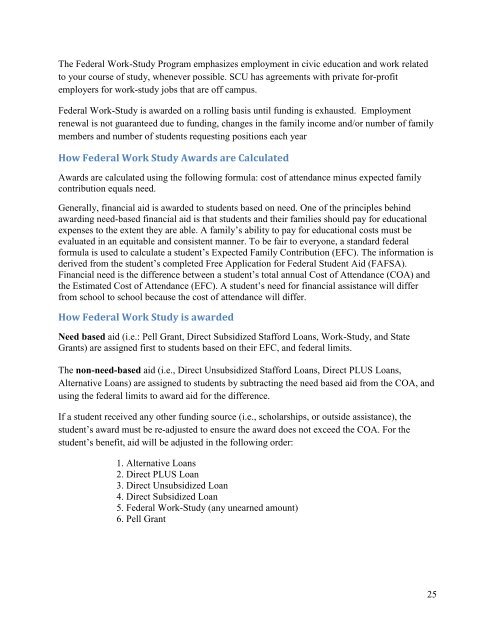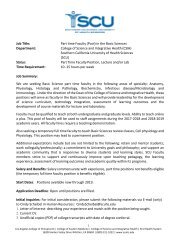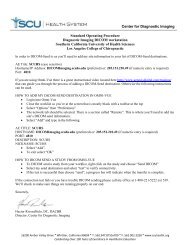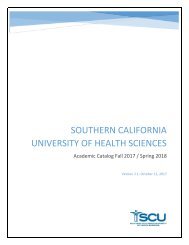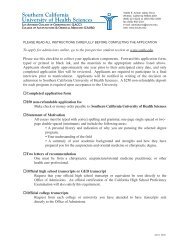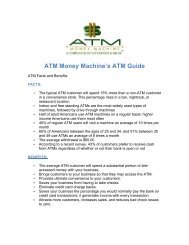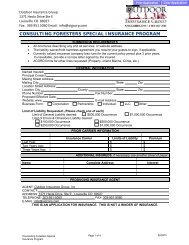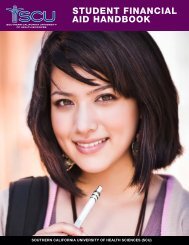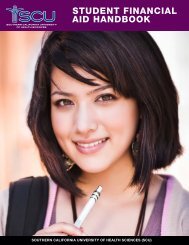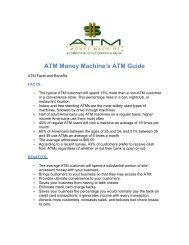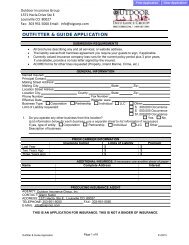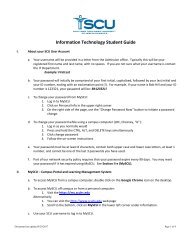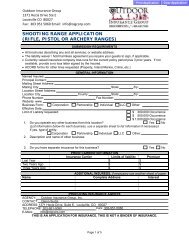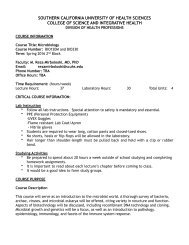Southern California University of Health Sciences - Consumer Information Guide
SCU distributes this Consumer Information Guide which includes a notice of the availability of information required pursuant to specific requirements under the Higher Education Opportunity Act. Read this PDF and know SCUHS consumer information guide.
SCU distributes this Consumer Information Guide which includes a notice of the availability of information required pursuant to specific requirements under the Higher Education Opportunity Act. Read this PDF and know SCUHS consumer information guide.
Create successful ePaper yourself
Turn your PDF publications into a flip-book with our unique Google optimized e-Paper software.
The Federal Work-Study Program emphasizes employment in civic education and work related<br />
to your course <strong>of</strong> study, whenever possible. SCU has agreements with private for-pr<strong>of</strong>it<br />
employers for work-study jobs that are <strong>of</strong>f campus.<br />
Federal Work-Study is awarded on a rolling basis until funding is exhausted. Employment<br />
renewal is not guaranteed due to funding, changes in the family income and/or number <strong>of</strong> family<br />
members and number <strong>of</strong> students requesting positions each year<br />
How Federal Work Study Awards are Calculated<br />
Awards are calculated using the following formula: cost <strong>of</strong> attendance minus expected family<br />
contribution equals need.<br />
Generally, financial aid is awarded to students based on need. One <strong>of</strong> the principles behind<br />
awarding need-based financial aid is that students and their families should pay for educational<br />
expenses to the extent they are able. A family’s ability to pay for educational costs must be<br />
evaluated in an equitable and consistent manner. To be fair to everyone, a standard federal<br />
formula is used to calculate a student’s Expected Family Contribution (EFC). The information is<br />
derived from the student’s completed Free Application for Federal Student Aid (FAFSA).<br />
Financial need is the difference between a student’s total annual Cost <strong>of</strong> Attendance (COA) and<br />
the Estimated Cost <strong>of</strong> Attendance (EFC). A student’s need for financial assistance will differ<br />
from school to school because the cost <strong>of</strong> attendance will differ.<br />
How Federal Work Study is awarded<br />
Need based aid (i.e.: Pell Grant, Direct Subsidized Stafford Loans, Work-Study, and State<br />
Grants) are assigned first to students based on their EFC, and federal limits.<br />
The non-need-based aid (i.e., Direct Unsubsidized Stafford Loans, Direct PLUS Loans,<br />
Alternative Loans) are assigned to students by subtracting the need based aid from the COA, and<br />
using the federal limits to award aid for the difference.<br />
If a student received any other funding source (i.e., scholarships, or outside assistance), the<br />
student’s award must be re-adjusted to ensure the award does not exceed the COA. For the<br />
student’s benefit, aid will be adjusted in the following order:<br />
1. Alternative Loans<br />
2. Direct PLUS Loan<br />
3. Direct Unsubsidized Loan<br />
4. Direct Subsidized Loan<br />
5. Federal Work-Study (any unearned amount)<br />
6. Pell Grant<br />
25


